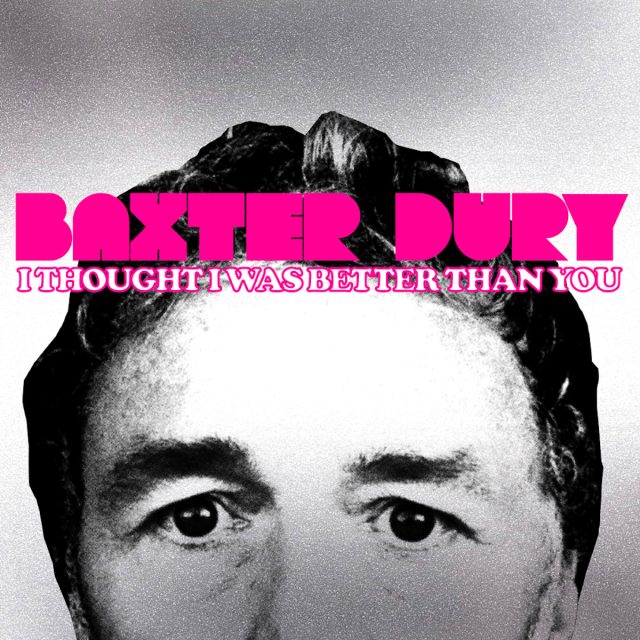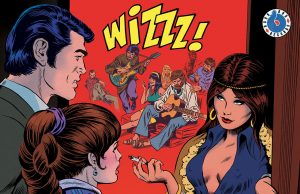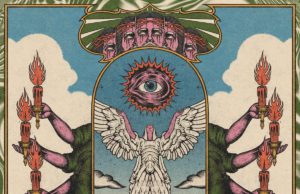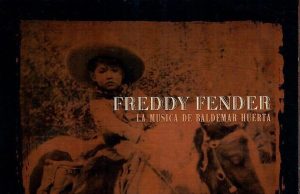THE EDITED PRESS RELEASE: “Baxter Dury will always beat you to the punchline. He’ll answer his own questions and he’ll volunteer himself as the butt of the joke before you can. His ability to understand people’s perception of him (or who they believe he is) is what has kept his work consistently surprising and inventive for over two decades now. And while it’s his humour that draws you in, it’s his linguistic acrobatics that you stay for — a wild barrage of emotion, colour and off-kilter scenes.
Baxter’s latest album, I Thought I Was Better Than You, is a new era for him, and with this new era comes a new character. “Faux-confrontational,” Baxter calls him. Here, not only is he recounting his childhood, but he’s also reckoning with it. Instead of just swinging at his past blindfolded with a baseball bat, he talks openly about the toxic cocktail of being born into unfortunately fortunate circumstances, with a persuasive surname but no structure or sense of responsibility with which reap the rewards of it. “Really, it’s about being trapped in an awkward place between something you’re actually quite good at, and somebody else’s success.” That ‘somebody else’ being his dad, Ian Dury. As one of the album centrepieces — Shadow — agonisingly puts it: “No one will get over that you’re someone’s son / Even though you want to be like Frank Ocean / But you don’t sound like him, you sound just like Ian.”
The record also serves as a kind of extension to Baxter’s 2021 book, Chaise Lounge, in which he winningly recounted the story of his unique childhood. Not only does he expand the language of the book, using words to paint disconnected images rather than to string sentences (a kind of cockney hieroglyphics), but he often revisits moments within the book. Characters like Tricksy re-appear in Aylesbury Boy and Pale White Nissan, for example, but mainly it’s the abstracted tales of a young Baxter, troubled and in trouble, a victim of circumstance, straddling between a world of ‘Fuck you Leon… / You stole the sunglasses and I got busted’ and a desire for ‘Porridge in the morning and (to) be normal.’
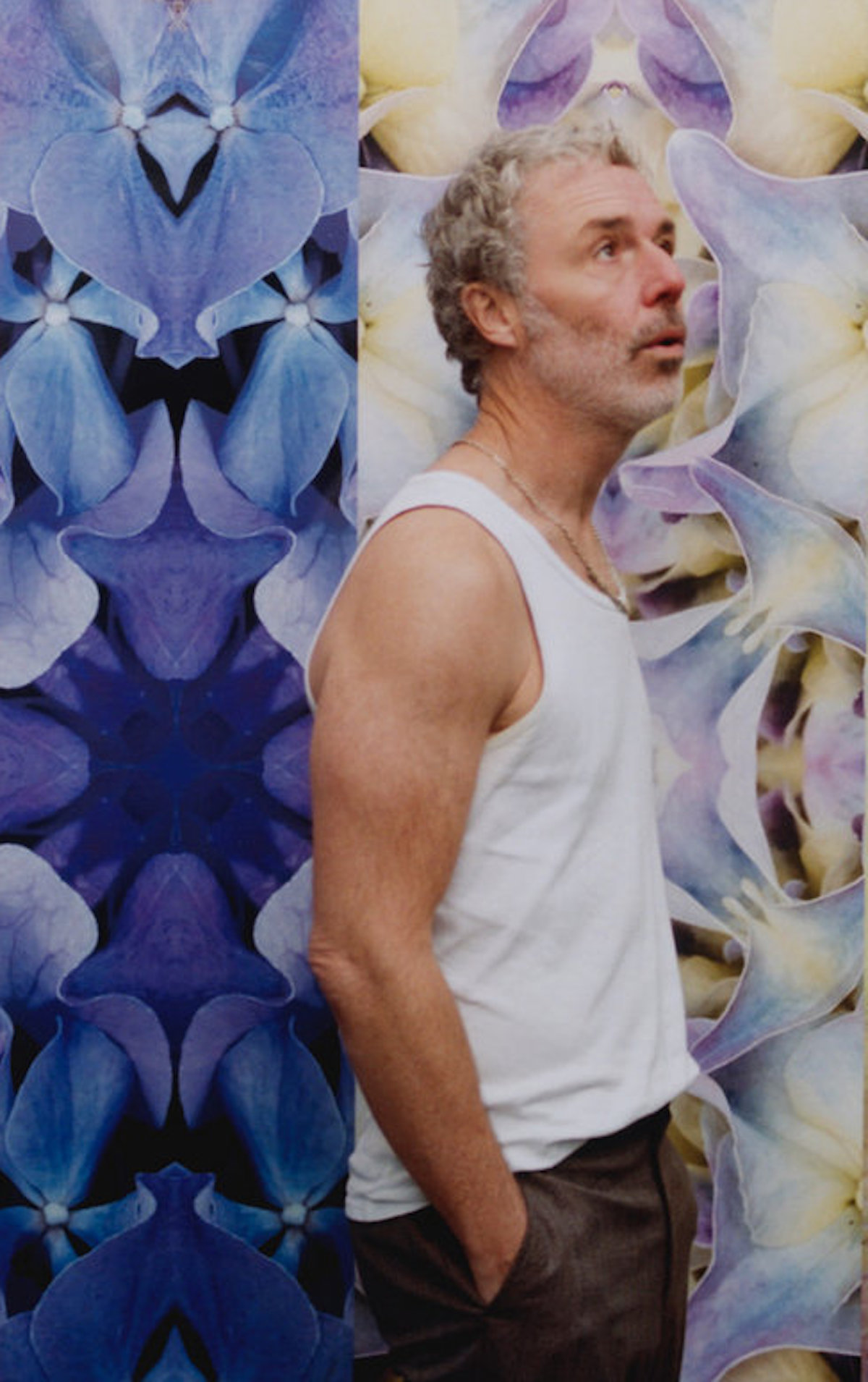
Perhaps most importantly for Baxter, the way the record plays around with a looser hip-hop inflected style means it becomes a soundtrack of the book itself. “It reflects the kind of music I was listening to back then. Me and my mates weren’t indie kids. We were graffiti boys with colourful shoelaces and boomboxes listening to Afrika Bambaataa and smoking loads of weed.” This album feels closer to who Baxter is than ever before, rather than who people might expect him to be, or want him to be. The musical shadow of his father that has loomed over six Baxter albums, and over 20 years, finally materialises here. No longer a taboo, Baxter confronts the legacy of his father head on and in doing so exorcises it. The purest and most beautiful way that Baxter achieves this is by having his own son, Kosmo, writing on the record too — safe in the knowledge that he would not be passing on the cultural burden that was passed onto him.
Many of the songs on the album map a chaotic sequence of dreamlike events that try and describe Baxter’s journey of growing up, but none as colourfully as Aylesbury Boy. “This song is about coming from one place and arriving at another without fitting in to either,” he explains, “and I think of these people like characters from Studio Ghibli’s Spirited Away.” ‘Day ghosts raised by long faces,’ he sings in his over gesticulated, Ladbroke Grovian sputter, a day ghost being “someone who roams the streets avoiding school,” and a long face being a “disappointed adult”. The language is classic Baxter.
In making the album, Baxter tried to overturn previous processes, liberating himself from the traditional routine of recording parts, people and instruments. Instead, he created rough demos in his living room using barely functioning machines, gave them to producer Paul White (Danny Brown, Obonjayer, Charli XCX), who helped them come to life in his living room using some slightly better machines. The simplicity of the operation gave him the space to explore more abstract musical ideas and experiment with his storytelling style.
Thanks to the influence of American artists like Frank Ocean, Tyler the Creator and Vegyn, we can hear the essence of this drowsy, psychedelic west-coast hip-hop oozing through the cracks of I Thought I Was Better Than You. It was not so much the sound of this kind of music that inspired him, but more its delicacy, effeminacy, and its genre-fluidity; how it remains unburdened by restrictive musical structures.”
Watch my 2021 interview with Baxter Dury HERE.













